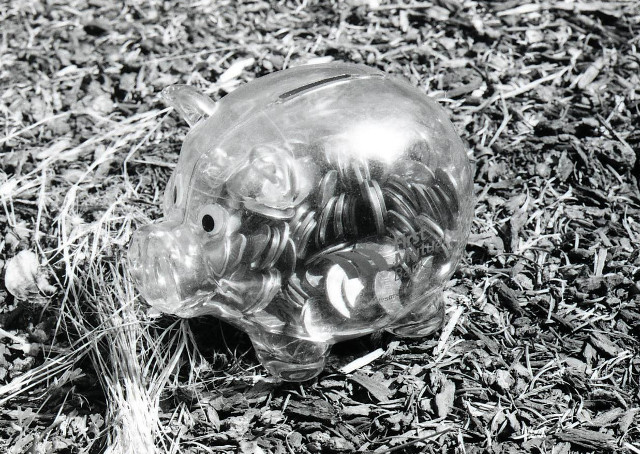MyCHIPs Digital Money

Open Source Money
One of the challenges with money of any kind is, it needs to be trusted. Any two parties can trade promises directly with each other as long as they trust each other. But if one of the parties breaks that trust, it is helpful to have an objective third-party to resolve the dispute. In the past, government has typically been that intermediary.
But government is certainly not immune to corruption, nor the power of special interest. And it is not always as objective as we might hope. In fact, government and powerful business interests have a history of working together for their own selfish purposes. Too often, the little guy has been left out, and most of the spoils go to those who maintain power and control over us, and our money.
MyCHIPs solves this problem by letting everyone participate in the creation of money. No longer do we need a bank in the middle of every financial transaction. Digital money allows two parties to do business directly with no intermediary involved.
Bitcoin has clearly shown, it is possible to create a peer-to-peer digital trading platform that has no centralized authority. There is an authority—it just isn’t centralized, at least not in the traditional sense. The community of users itself becomes the arbiter and maintainer of the system’s integrity. This is a great and valuable lesson—one we should retain when designing any new monetary system.
But MyCHIPs uses its own unique model. The supply of money is not mined from a finite store of pre-defined possible tokens. Rather, it is the product of voluntary agreements made between parties acting within the context of their own best interest.
Real people, real companies, and real assets stand behind its value. And the benefits accrue not only to individuals, but also to the society as a whole.
This points out another key distinction from Bitcoin. Many people like Bitcoin because they feel their financial dealings can be kept more private, or anonymous. In fact, some critics of Bitcoin like to complain that it facilitates the dealings of criminals and drug dealers!
This claim to privacy can be true, in a limited way. But the flip-side of the blockchain coin is, once your wallet address is known, virtually everyone can see what you are doing with it. Because the blockchain is public, people can discover quite a lot about your transactions—including how much digital money you have.
MyCHIPs, on the other hand is based on individual and private relationships. The data about your transactions only has to be stored in two places: your server, and the server of your trading partner. MyCHIPs data is more fully distributed. This is a further step beyond the de-centralization of blockchain. It is infinitely scalable, and much more private.
Under MyCHIPs, issuers of credit do have to disclose certain things about themselves—but just to their immediate trading partners. And most people don’t even have to do that if they don’t want. They can prosper on the MyCHIPs network with excellent privacy and security.
Under existing money systems, everything is proprietary. The government and the central bank control and issue the money and you just have to use it.
Under Bitcoin, the method for creating money is open sourced and available for everyone to see. And everyone’s transactions are also open for the world to examine, if they can decipher the identities of the participants. But unless you want to start your own new kind of blockchain based money, you don’t get to create your own new coins. You are limited to mining, or discovering coins from the finite supply defined by the established algorithm.
Likewise under MyCHIPs, the method of creating credit is open source. But more importantly, the authority to do so is also open. Anyone can choose whether and when to issue new credits. Or they can choose to trade with the credits of other parties they trust.
This provides maximum privacy, security and utility.